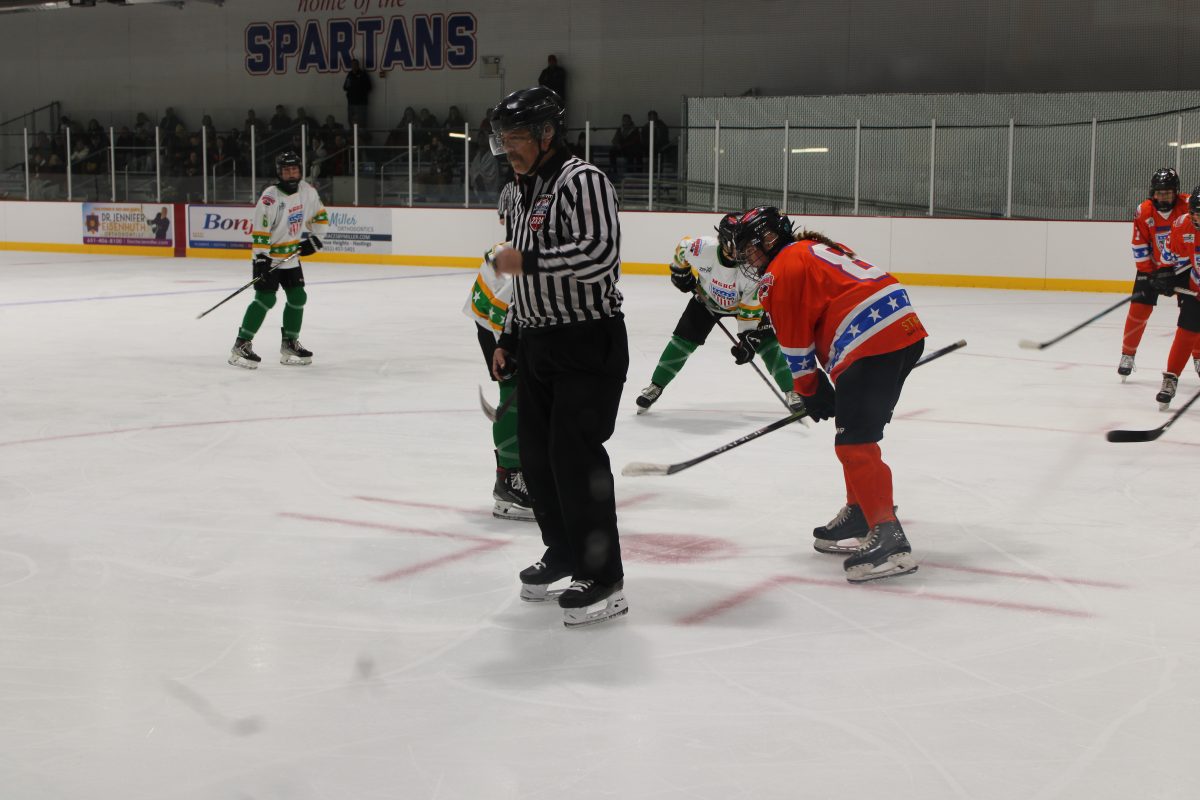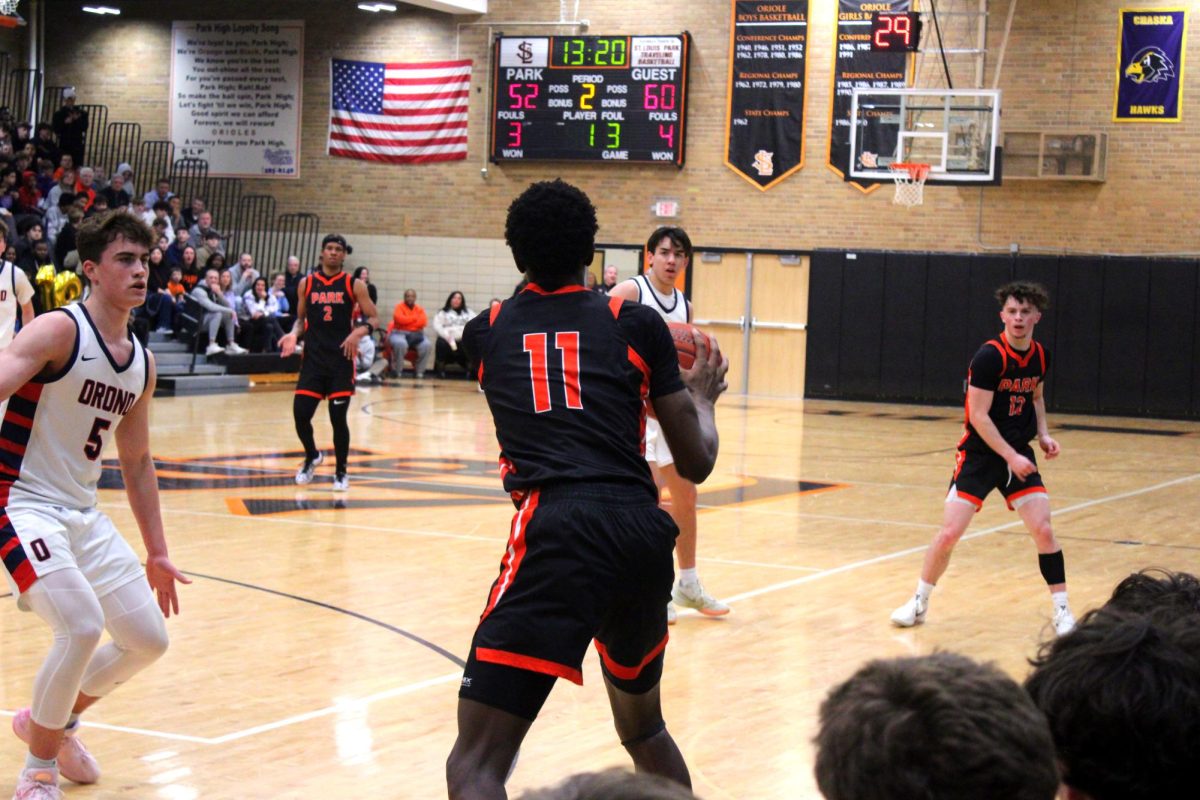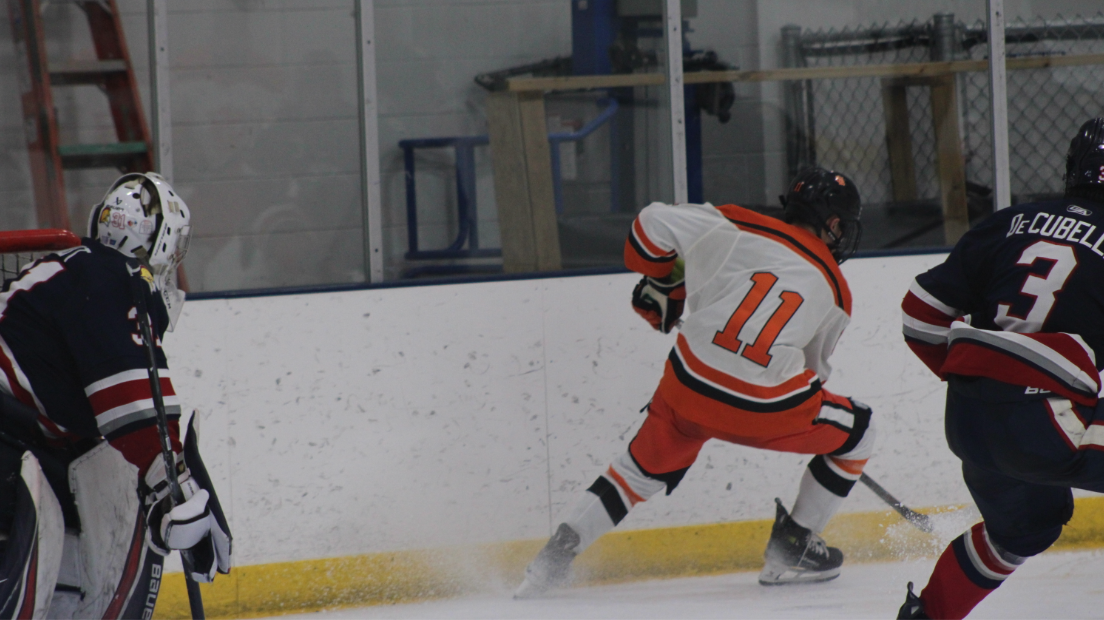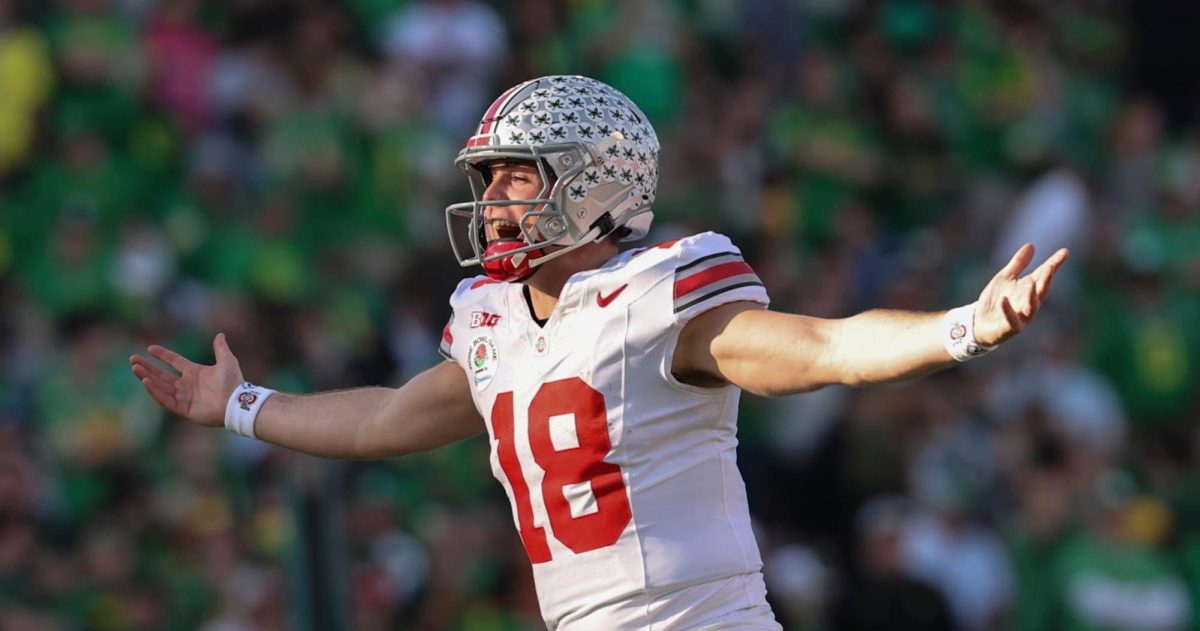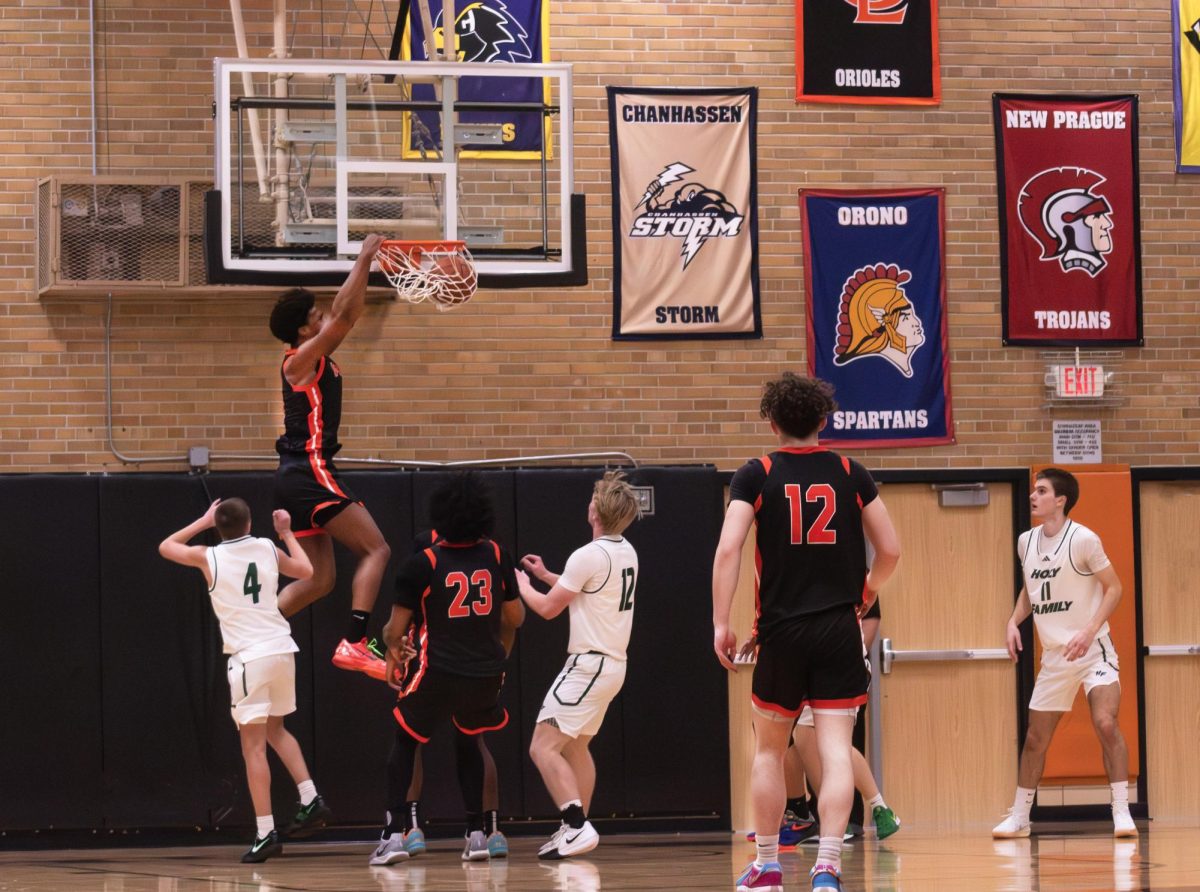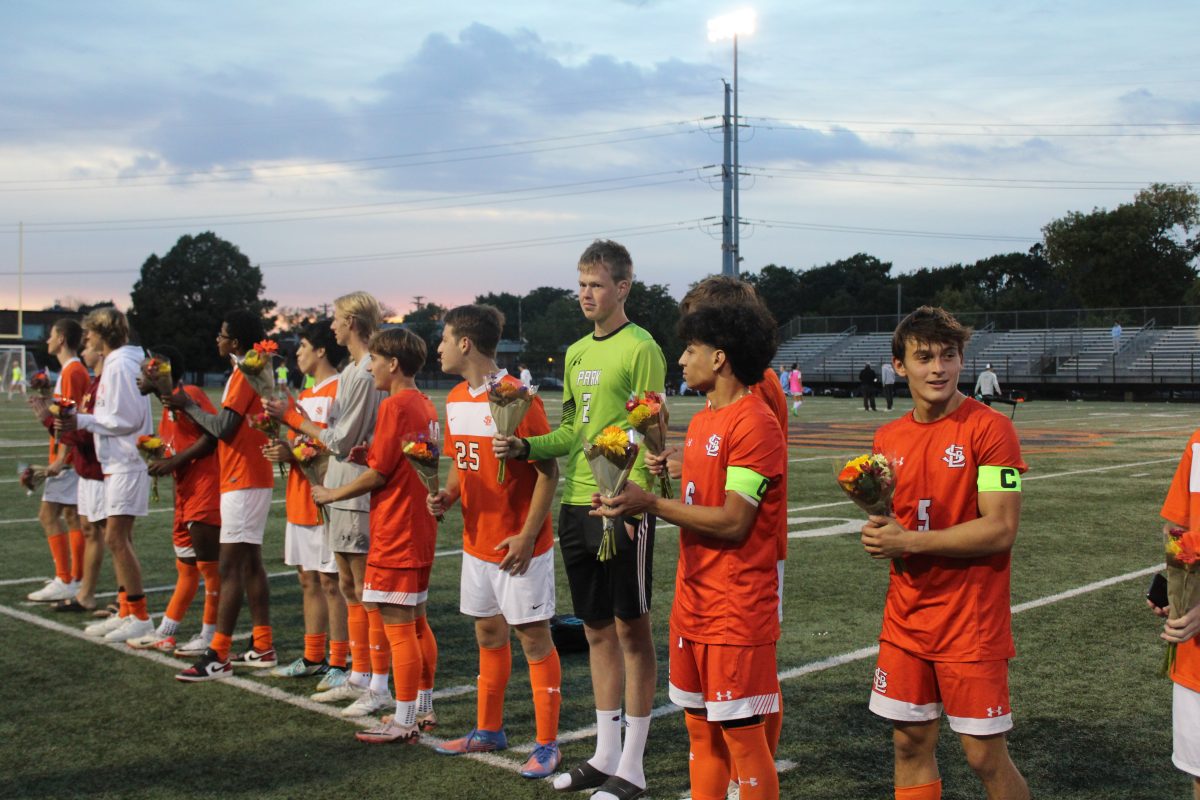Referees are responsible for significant moments of decision-making and enforcing rules in sporting games. However, high school sports in Minnesota are facing a growing challenge—a shortage of qualified referees. This lack of officials impacts game schedules, players and how competitions play out.
According to District Athletic Director Andrew Ewald, Park is grateful for having the right number of skilled referees because many other schools have postponed or canceled games because of referee shortages.
“There are a lot of really good officials, and some aren’t as good. It’s just a matter of who you get,” Ewald said. “The way we approach it is we’re just happy to have people because there are a lot of other schools that don’t have them because of the shortage, and so they are having to cancel or postpone contests, which isn’t something that we’ve had to deal with here.”
Football coach Alexander Polk said two main effects cause referee shortages—the primary effect is the lack of respect the referees receive for their work and the second is the low salary.
“The biggest reason why there are lots of referee shortages is it’s not a great paying gig, but also, you don’t get a ton of respect for it,” Polk said. “Players are going to yell at you, especially when people don’t know the rules. It’s probably pretty annoying.”
Sophomore football player Laroy Ngafua said poorly officiated games create tension among athletes. He said referees might be inexperienced or older and don’t follow the games’ rules.
“Sometimes we see the bad effects, and if we do, we usually see fewer refs, sometimes we get ones that don’t know the rules as well, or they’re just less experienced or they are just straight-up old,” Ngafua said. “This can make some of the calls feel unfair or inconsistent, which makes the game less fun and more frustrating.”
Ewald said it is important to recognize the responsibility referees bear, including their modest salaries, the athletes’ pressure, and the spectator’s judgments.
“(It is a) huge responsibility you need to keep in mind before becoming a referee, but it comes down to how you’re treated. They’re at a school, you know, from the administration to the fans to the coach’s judgments on certain situations,” Ewald said. “They’re not making a ton of money, and people kind of need to just keep that in perspective.”
Polk said quality is more important than quantity regarding referees, even though the referee shortage has affected the football schedule in years past.
“The refs that we have are still good. It’s just that there are not as many of those good refs, but a lot more refs are not that much of a help. They just don’t have as many of the good refs,” Polk said. “With football, we’ll reschedule games. Two years ago, each team had to make a different day to play their game to accommodate the referee shortage.”
According to Ngafua, the cancellation of games and competitions results in complications for both players and school teams, including a loss of rhythm and complex schedules.
“It made some games harder to schedule. Sometimes, games get canceled or moved to different days because there aren’t enough refs,” Ngafua said. “It also makes the tournaments and leagues a bit messy when schedules keep changing. (Most) of all is the momentum that we get pregame, and then the game getting canceled ruins our momentum, and we have to start over and it gets tiring.”



